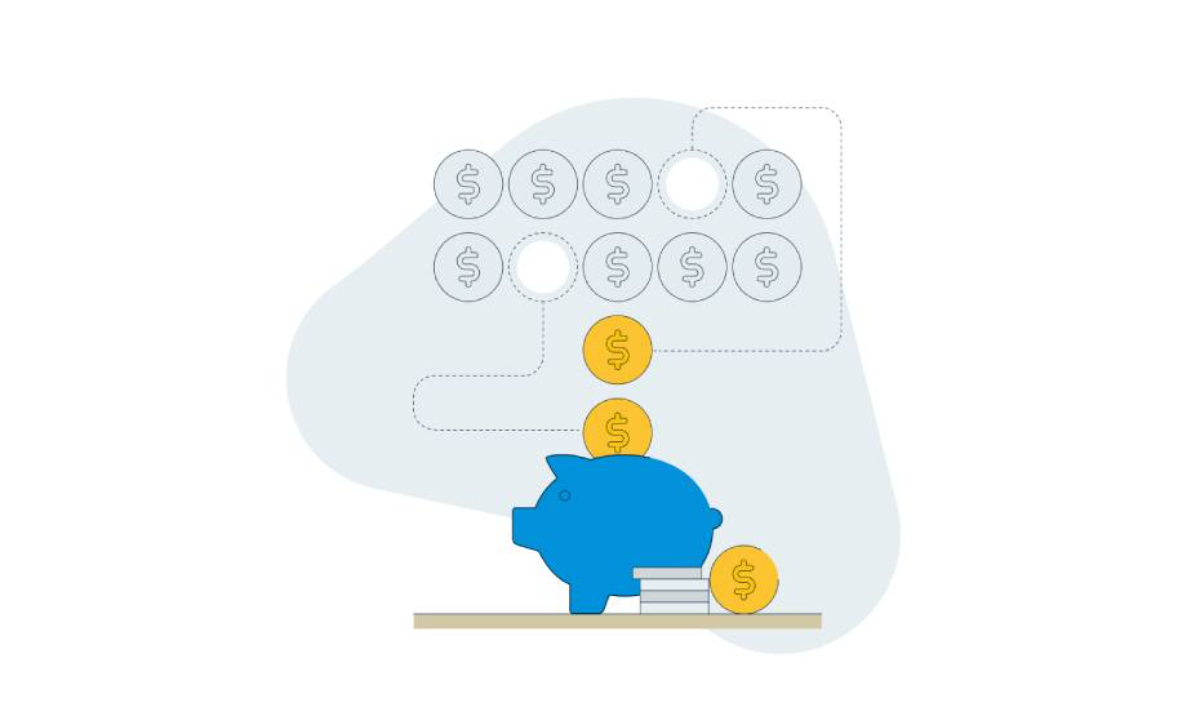You may be planning to visit your family over the holidays, do some home maintenance, or even start planning next year’s vacations. It can seem like a lot, but with some basic principles and a little discipline, saving for large purchases doesn’t have to mean major sacrifices for your daily life. These tips will help you to save more so that you can turn your future dreams into reality.

Grow your savings account through payroll contributions
Automatic contributions to your employer savings plan are an effective way to grow your investments over time. Review yours today and try to maximize your savings over time. Employer savings plans are a great example of having that separate savings account that makes it a little less tempting to dip into. As your savings grows, you have a fund that can go towards your retirement or used for other financial goals.

Choose the right account for your savings
Finding the right account or investment strategy is a key factor when it comes to saving for the future. Options include a TFSA, GIC, and a high-interest savings account, among others, and each account has a slightly different set of features. Some options are designed for short-term savings, while others are a good place to hold your money over a longer time period. Be sure to do your research and plan your savings and investments around when you plan to withdraw some funds.

Use free banking tools
Watch your savings grow by setting up deposits or using tools like roundups that move extra cash into your savings account. You can similarly make regular contributions to investment accounts and products. RBC clients can use NOMI to find extra dollars in their cash flow and automatically move them to savings.

Don’t be too restrictive
Saving doesn’t have to be an all or nothing game. If you try to cut out purchases you really enjoy, like a nice coffee or meal, it might be more difficult to stick to your budget. Instead, try to eliminate truly unnecessary purchases, or just cut back a bit. For example, buy a fancy coffee once a week instead of daily.

Every penny counts
One of the most effective ways to save is to analyze where you spend the most money and find an alternate way to buy what you need. For example, try buying the store brand instead of buying brand name goods. Call your cell and cable companies and try to negotiate reduced rates, or cut services you don’t use. And always look for coupons or sales on regular purchases such as groceries.

Sell what you don’t need
Everybody’s got a few items sitting around the house, large or small, that are no longer part of the plan. Maybe it’s a hobby you are no longer pursuing, some clothes you no longer wear, or sports equipment that doesn’t get used. Consider selling items like these on online platforms and community groups or having a garage sale to raise a little extra money for your savings.
There’s no denying saving money can be tough. In addition to these ideas to help, try to remember what you’re saving for. For example, a vacation is more exciting than an extra coffee. And knowing you are putting a little aside for retirement beyond what your employer plan is contributing helps reduce stress about the future. At the end of the day, that’s what saving is: an investment in yourself. And you’re worth it!
This article is intended as general information only and is not to be relied upon as constituting legal, financial or other professional advice. A professional advisor should be consulted regarding your specific situation. Information presented is believed to be factual and up-to-date but we do not guarantee its accuracy and it should not be regarded as a complete analysis of the subjects discussed. All expressions of opinion reflect the judgment of the authors as of the date of publication and are subject to change. No endorsement of any third parties or their advice, opinions, information, products or services is expressly given or implied by Royal Bank of Canada or any of its affiliates.



















